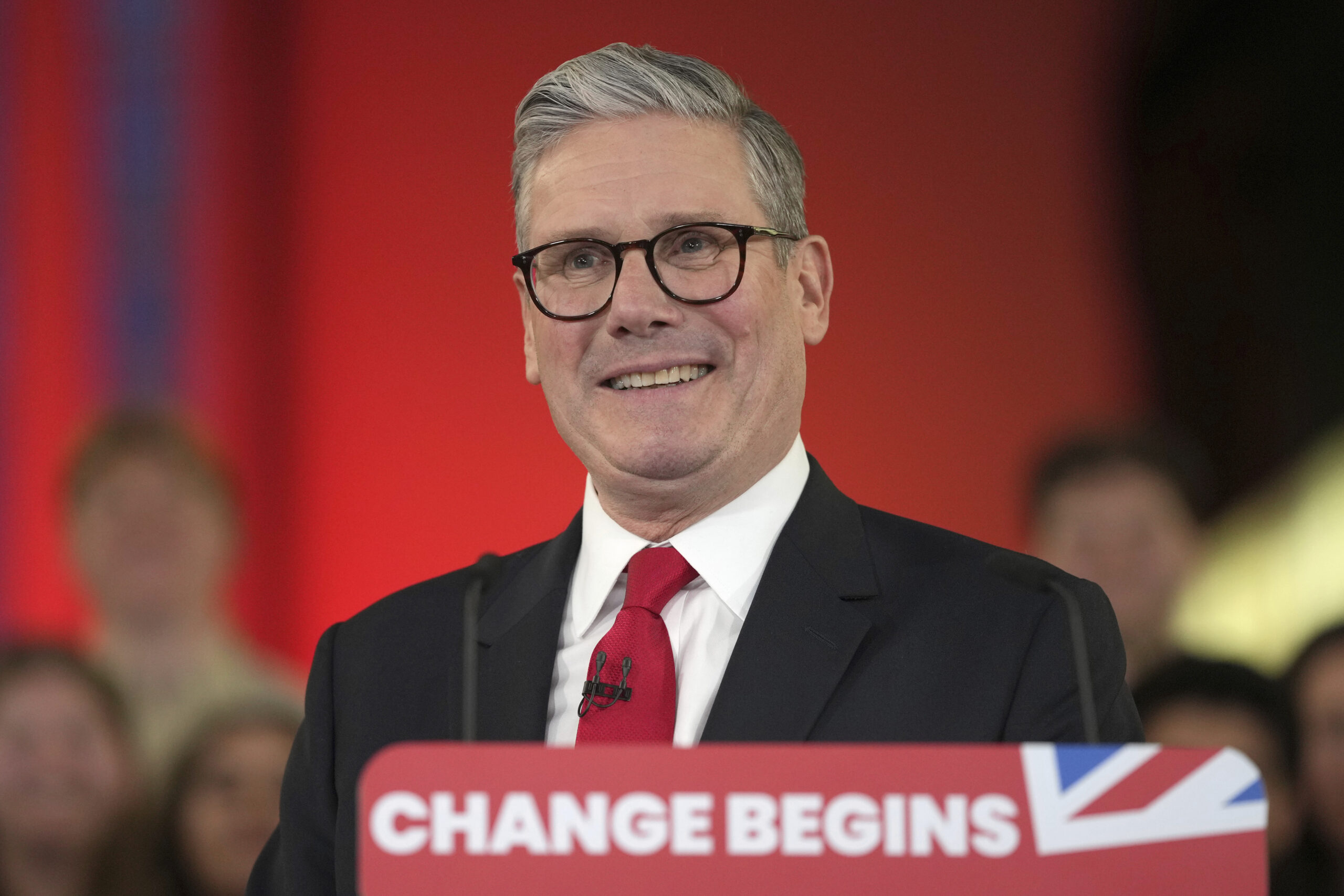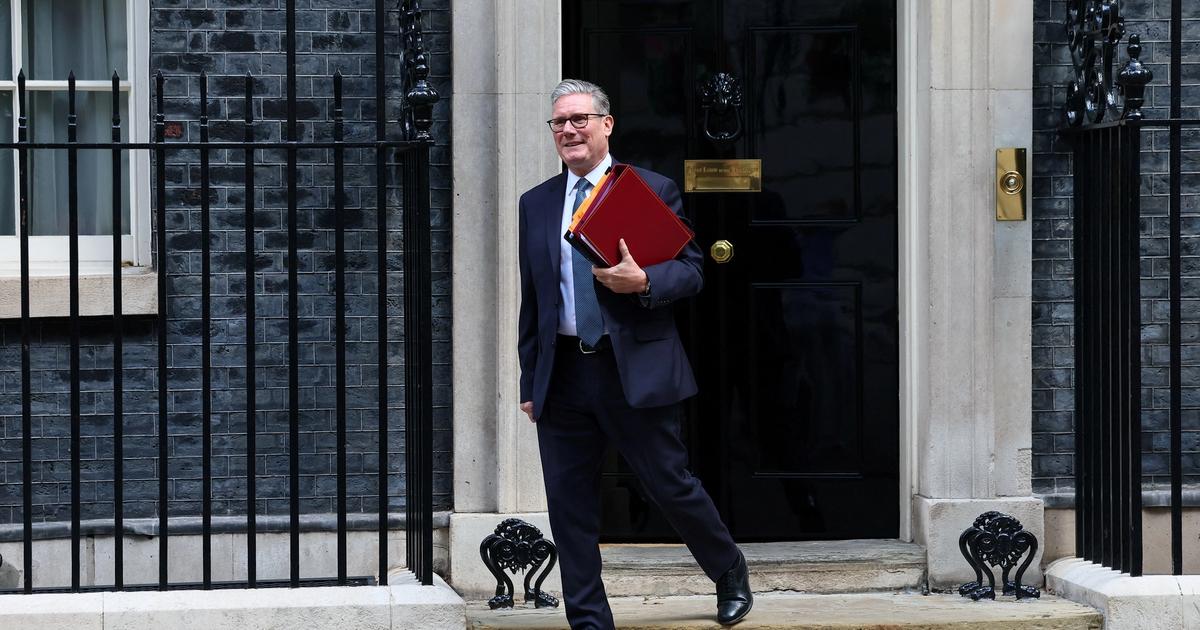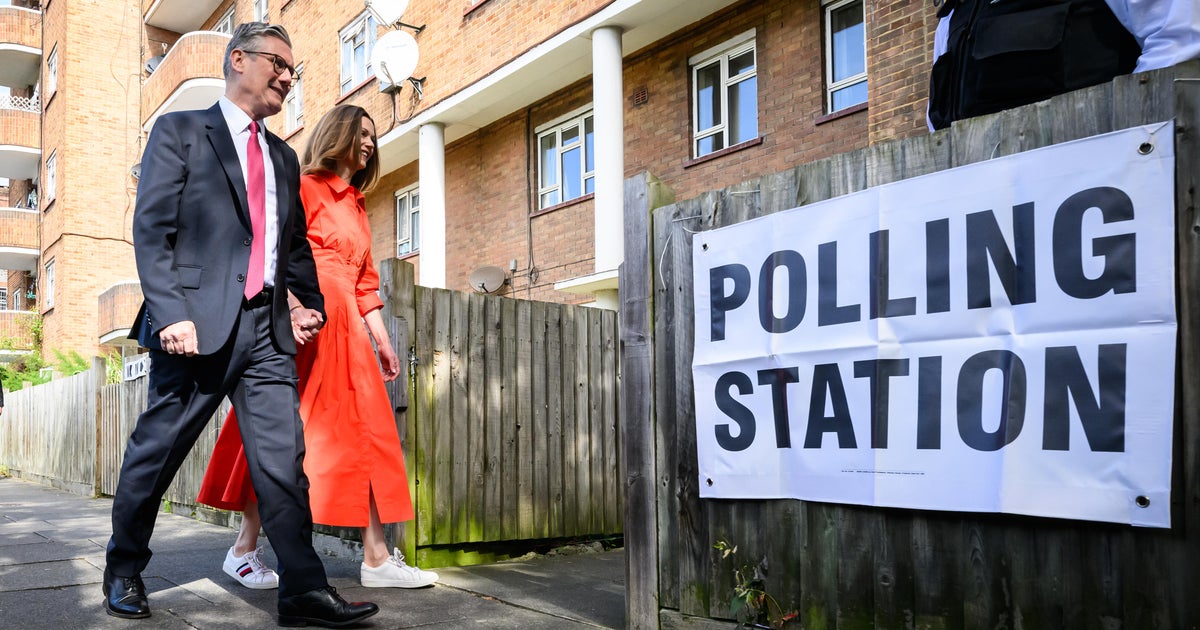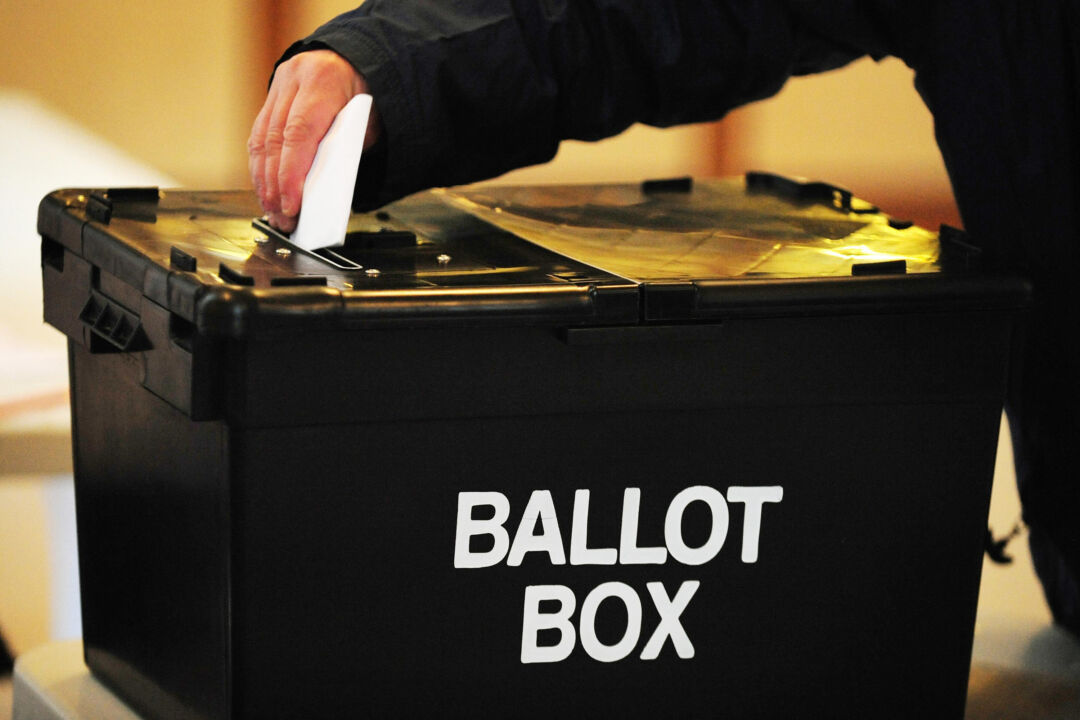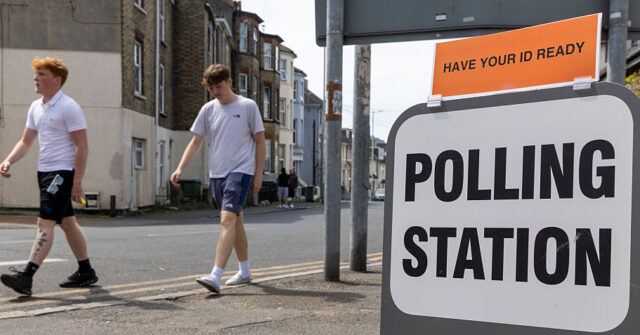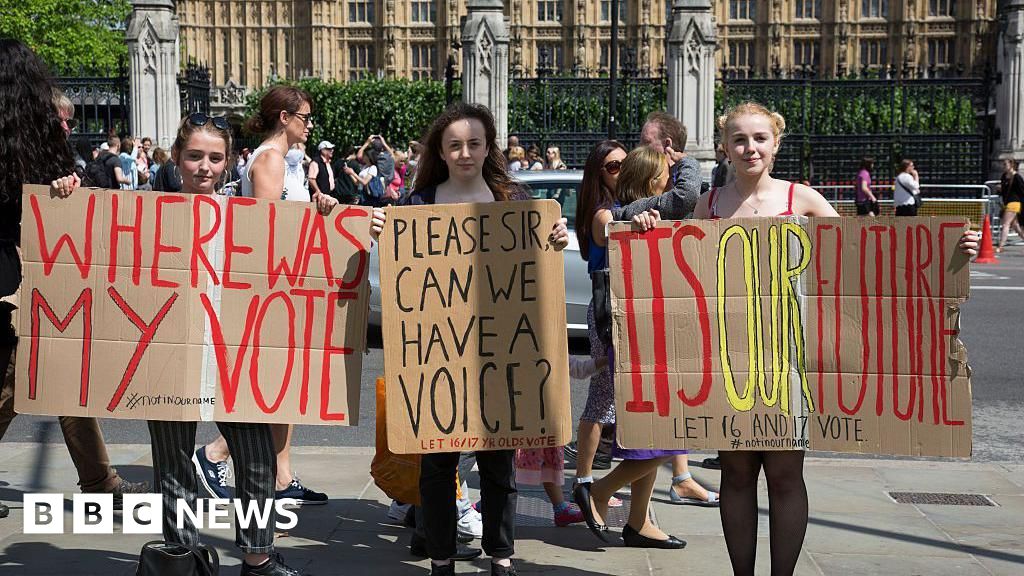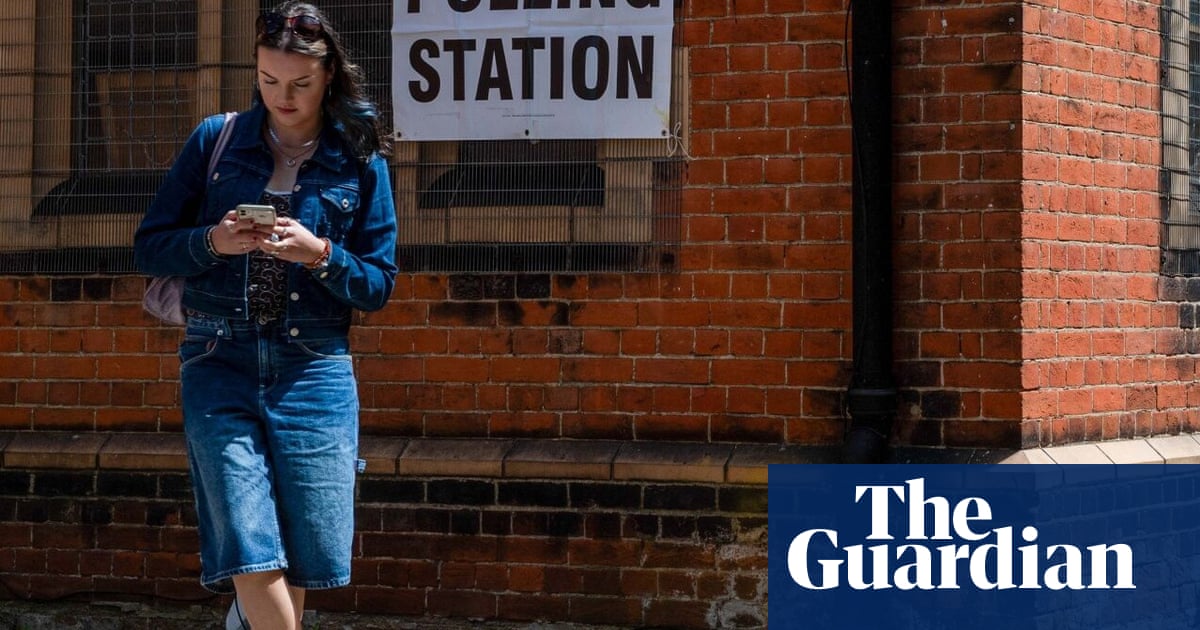UK Government Moves to Lower Voting Age to 16 Amid Controversy
The UK government is set to lower the voting age to 16, with plans to implement changes before the next general election, despite public opposition.
Subscribe to unlock this story
We really don't like cutting you off, but you've reached your monthly limit. At just $5/month, subscriptions are how we keep this project going. Start your free 7-day trial today!
Get StartedHave an account? Sign in
Overview
- The UK government is proposing to lower the voting age from 18 to 16, aiming for implementation before the next general election.
- This change aligns the UK with regions like Scotland and Wales, where 16-year-olds can already vote in certain elections.
- The Labour Party, now in power, successfully campaigned on this issue during the 2024 election, advocating for youth representation.
- Public opinion polls indicate significant opposition to the change, with critics claiming it aims to boost support among younger voters.
- The initiative includes relaxed voter ID requirements and measures to prevent foreign interference in elections, enhancing the voting process overall.
Report issue

Read both sides in 5 minutes each day
Analysis
The reporting appears neutral and objective by presenting a balanced overview of the UK's decision to lower the voting age. Sources include diverse perspectives on the pros and cons, citing arguments from both advocates and critics, alongside relevant data and expert opinions. The language remains factual, avoiding loaded terms or selective emphasis that would suggest a particular narrative.
Articles (20)
Center (6)
FAQ
The initiative includes relaxed voter ID requirements and additional measures to prevent foreign interference in elections, aiming to make voting more accessible and secure.
Critics believe the change is politically motivated to benefit the governing party by increasing turnout among younger voters. There are also concerns about maturity and the potential impact on election outcomes.
Scotland and Wales already permit 16-year-olds to vote in certain local and devolved elections. However, this does not apply to UK-wide general elections yet.
The Labour Party argued that lowering the voting age would improve youth representation in politics and ensure young people have a say in decisions affecting their future, such as education, climate, and employment policies.
The government aims to implement the change before the next general election, though no specific date has been announced. Next steps likely include legislative processes, public consultations, and possible parliamentary debates.
History
- 4M

 7 articles
7 articles
- 4M

 7 articles
7 articles
- 4M

 3 articles
3 articles






